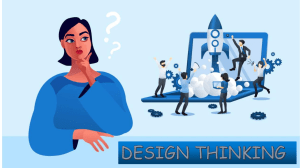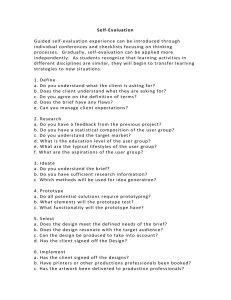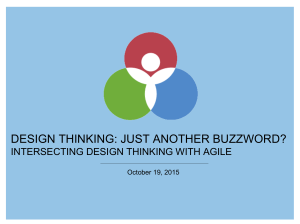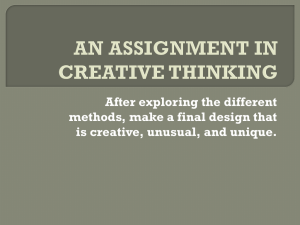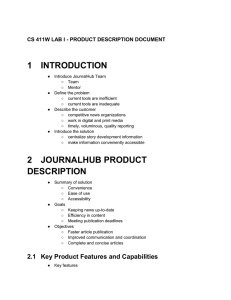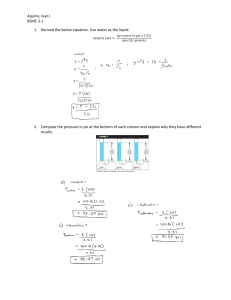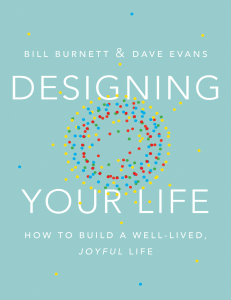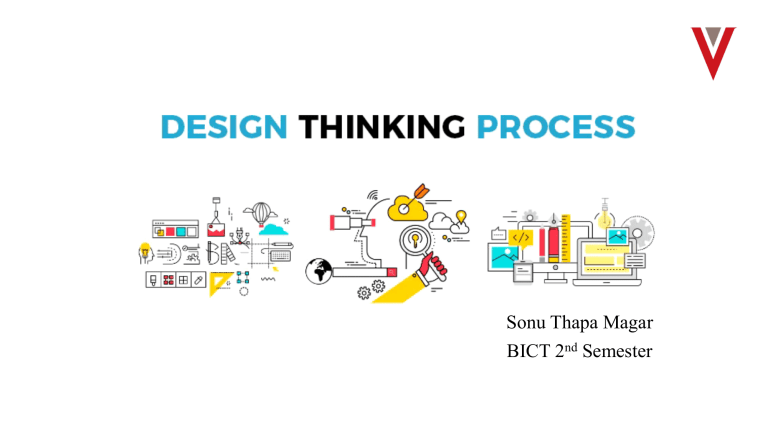
Sonu Thapa Magar BICT 2nd Semester Introduction • Approach for creative problem solving • Process for solving problems by prioritizing the consumer's needs above all else. Design Thinking Process 2 Phases of Design Thinking Process Design Thinking Process 3 Empathize • First stage of design thinking • Understanding the needs and desires of users • Critical for designers to develop deep insights into users' experiences and create solutions Design Thinking Process 4 Define • Designer uses the collected data from the empathy stage • Ensuring that the design team is focusing on the right problem and setting clear goals for the rest of the design process Design Thinking Process 5 Ideate • Creative process where designers generate ideas in sessions • Refine and evaluate them based on feasibility, desirability, and viability • e.g., brainstorming, mind mapping, and SCAMPER (Substitute, Combine, Adapt, Modify, Put to another use, Eliminate, and Rearrange) Design Thinking Process 6 Prototype • Rough representation of your idea • Simple experimental model of a proposed solution used to test or validate ideas • Create a physical or digital model of your potential solution to the problem identified Design Thinking Process 7 Figure : Prototype sample Design Thinking Process 8 Test • Final stage of the design thinking process • Testing of the prototype with real user and stakeholders • Feedback and validation of the solution • Further refinements to the solution Design Thinking Process 9 Conclusion • Design thinking process varies depending on the specific project or problem being addressed. • Solves wide range of real world problem. Design Thinking Process 10
